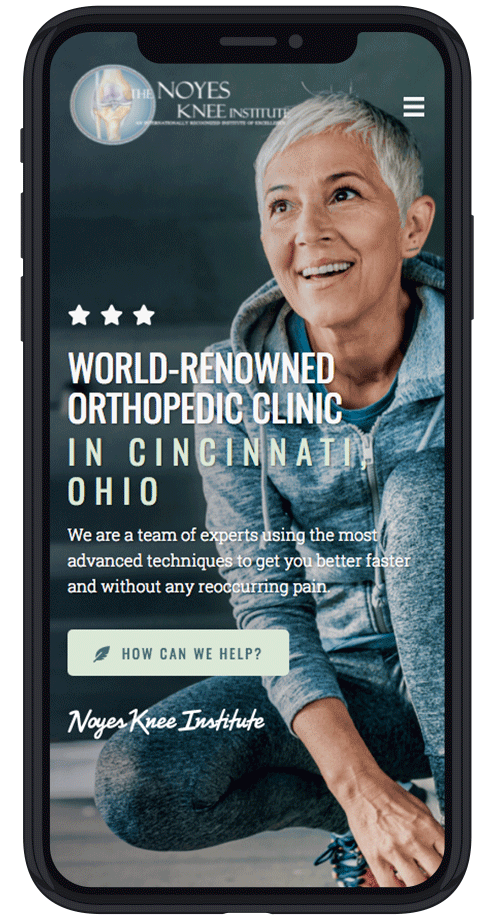Published On
Category
 If you have entered your golden years and have not yet experienced any knee pain or other knee problems, do not take your good knee health for granted. Seniors are especially prone to the development of tendonitis, bursitis, meniscus tears, patellofemoral pain syndrome, and osteoarthritis of the knee.
If you have entered your golden years and have not yet experienced any knee pain or other knee problems, do not take your good knee health for granted. Seniors are especially prone to the development of tendonitis, bursitis, meniscus tears, patellofemoral pain syndrome, and osteoarthritis of the knee.
As everyone ages, the bones in their knees can lose mass, an important lubricant called synovial fluid diminishes. General wear and tear on the joints can cause knee cartilage to diminish as well.
While people of all ages should take steps to protect their knee health, seniors need to take extra care to protect their knees due to how aging affects so many components of the knee.
Read on to learn four tips to preserve your good knee health as a senior.
1. Maintain a Healthy Weight
You likely know that it is important to maintain a healthy weight to protect your overall health. However, you may not realize that maintaining a healthy weight is also important for the health of your knees.
As you walk, your knee is subjected to more than the force of your body weight. In addition, your knees are subjected to an additional four pounds of pressure for every pound you weigh over your target BMI. This extra pressure cannot only lead to knee pain, but it can also cause your knee cartilage to wear away faster.
Eat healthy and maintain a healthy BMI to support your knee health for years to come.
2. Perform Low-impact Exercises and Strengthen These Muscles
As a senior, you need to exercise to keep your muscles strong, maintain good cardiovascular health, preserve healthy bone mass, and keep your joints flexible. However, avoid exercises that subject your knees to too much force. For example, seniors should skip squats in favor of muscle-strengthening exercises that don’t subject their knees to so much force.
Certain exercises support good knee health without putting too much force on them. For example, by performing simple leg lifts, you can strengthen the muscles around your knee. When these muscles are strong, they support more of your bodyweight to take the impact off your knee when walking or engaging in other activities.
Keeping your knees in proper alignment is also important for knee health. One way you can help keep them in proper alignment is by strengthening your ankles. Simple calf raises strengthen your ankles to help keep knees in proper alignment.
3. Tailor Nutrition to Knee and Joint Health
Another way to keep your knees in good health is to eat foods that support joint health. Many foods support cartilage health to keep this knee cushioning healthy and plentiful to ward off knee pain.
Foods filled with vitamin C, such as oranges, bell peppers, and broccoli help your body build new knee cartilage, while vitamin D filled foods, such as salmon, tuna, and eggs help support the health of existing cartilage.
In addition, some supplements help support joint health. Supplements that contain both glucosamine sulfate and chondroitin are good options. Both substances promote cartilage formation and repair.
4. Wear Supportive Footwear
While wearing supportive footwear is important for warding off knee pain and injuries, unfortunately, there is no one type of footwear that is best for everyone. The right footwear for you depends highly on the shape of your foot, such as whether you have flat feet, moderate arches, or high arches, and the activities you participate in on a daily basis.
Health professionals advise speaking to a trained footwear specialist for help choosing the right footwear for your foot shape to help limit the impact on your knees when walking and exercising.
Contact The Noyes Knee Institute if you are experiencing a problem with one or both knees or for specialized advice on how to protect your knee health as a senior.

